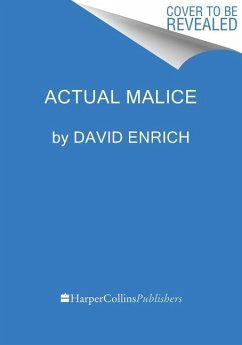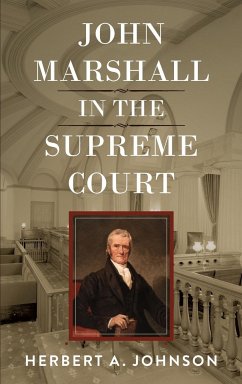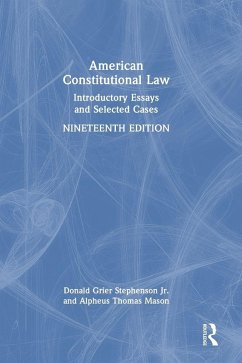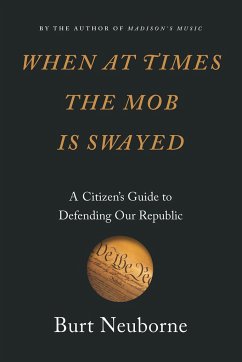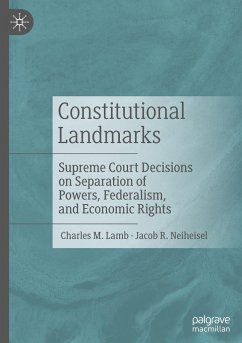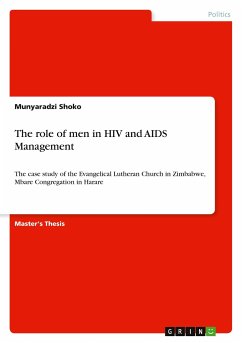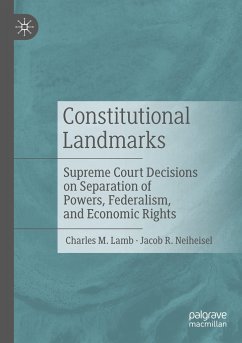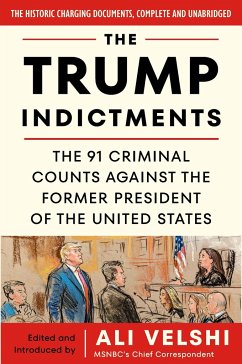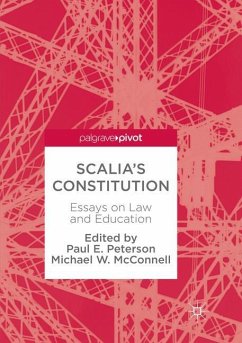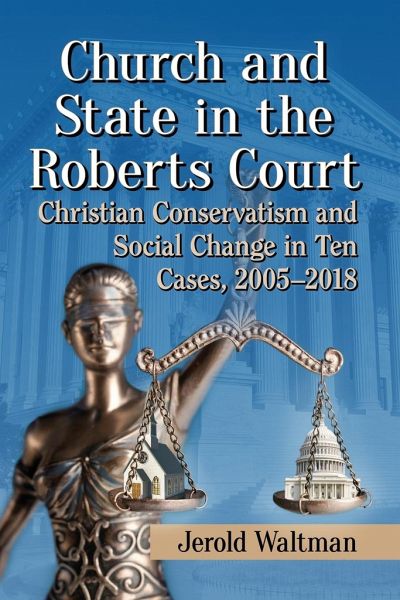
Church and State in the Roberts Court
Christian Conservatism and Social Change in Ten Cases, 2005-2018
Versandkostenfrei!
Versandfertig in 1-2 Wochen
48,99 €
inkl. MwSt.

PAYBACK Punkte
24 °P sammeln!
Religious liberty is often called ""the first freedom."" For many years, few decisions made by the Supreme Court have been more significant for ordinary Americans than those concerning issues of church and state. By what criteria do the justices make these holdings? This analysis reaches beyond legal doctrines and focuses on four important aspects of change in the American religious landscape: increasing religious diversity; the rise of secularism; the fast growing political influence of gay and lesbian groups; and the pushback from conservative Christians caused by these trends. The author ex...
Religious liberty is often called ""the first freedom."" For many years, few decisions made by the Supreme Court have been more significant for ordinary Americans than those concerning issues of church and state. By what criteria do the justices make these holdings? This analysis reaches beyond legal doctrines and focuses on four important aspects of change in the American religious landscape: increasing religious diversity; the rise of secularism; the fast growing political influence of gay and lesbian groups; and the pushback from conservative Christians caused by these trends. The author examines how these changes nation-wide have influenced the Supreme Court under Chief Justice John Roberts in dealing with church-state cases.





